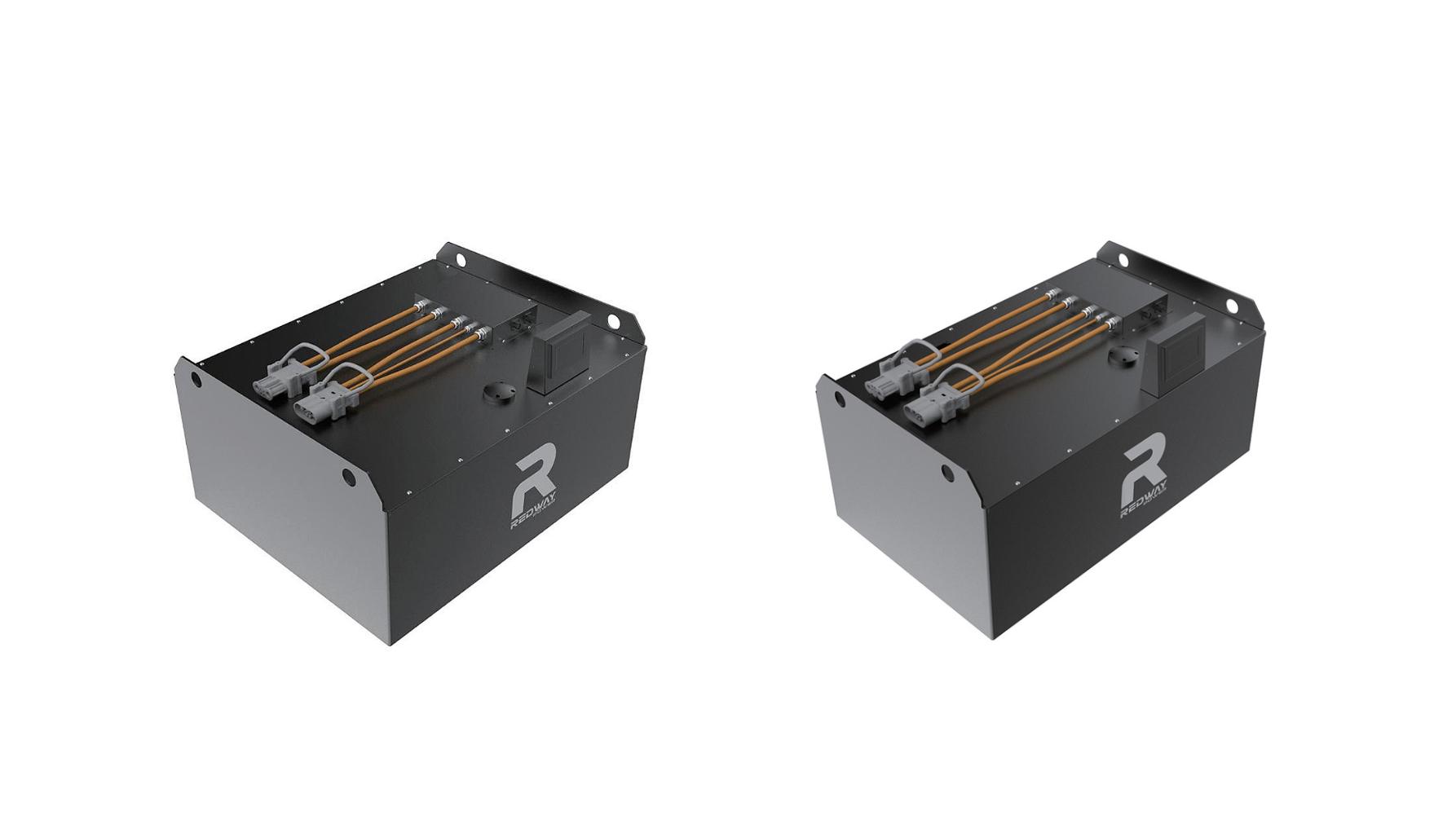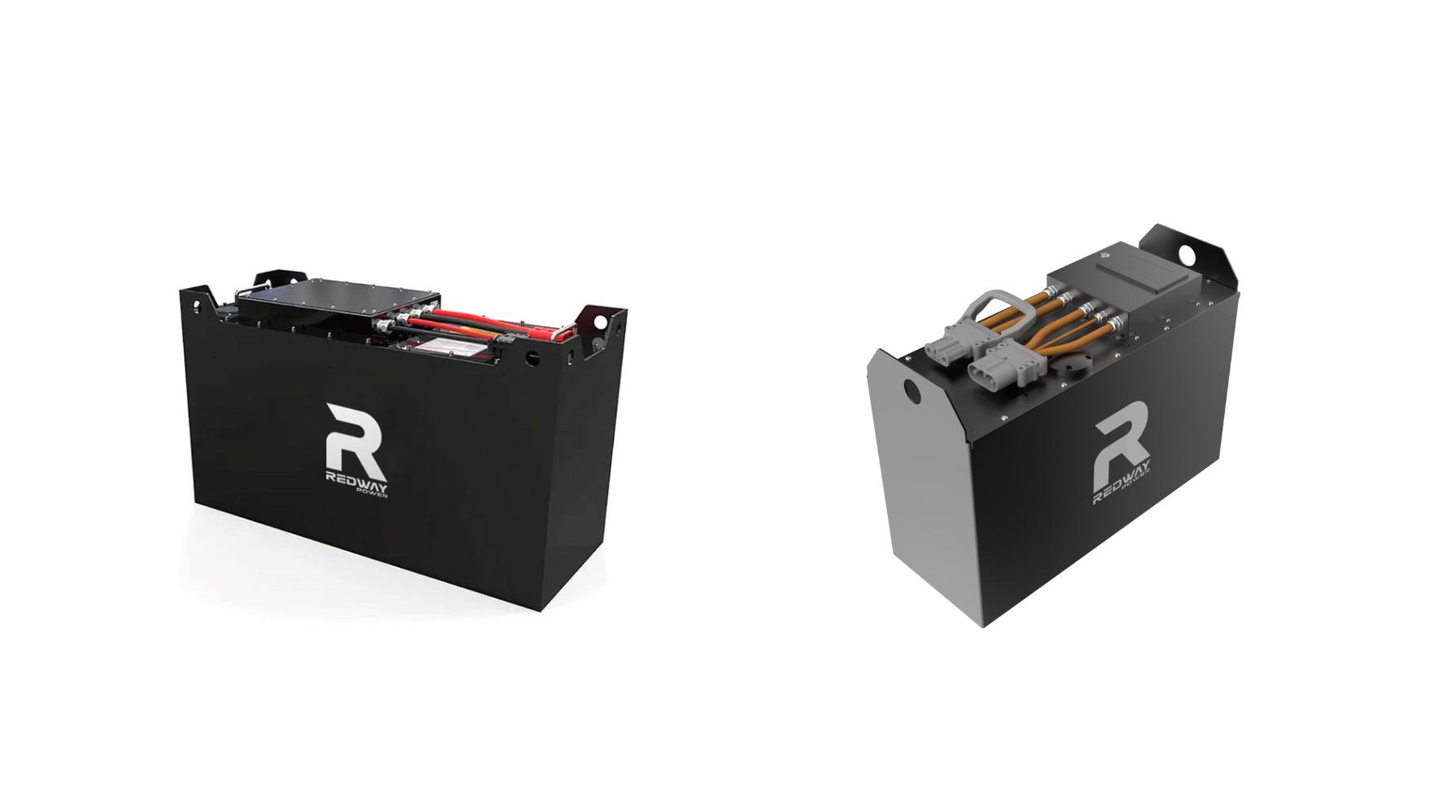The evolution of 48-volt forklift batteries represents a transformative leap in industrial energy solutions, combining raw power with precision engineering. As warehouses and manufacturing hubs increasingly prioritize efficiency and sustainability, these high-performance batteries are redefining material handling operations. Let’s explore how 48V systems outperform traditional alternatives and why industries are rapidly adopting this technology.
Unmatched Performance for Demanding Environments
Modern 48-volt lithium-ion batteries deliver 18kW of sustained power output—double the maximum capacity of 24V lead-acid systems. This translates to forklifts effortlessly moving 3-ton pallets with 40% faster acceleration. Automotive plants using 48V fleets report 18% faster assembly line speeds, directly boosting productivity. The secret lies in lithium iron phosphate (LiFePO4) chemistry, which maintains 95% energy efficiency across 5,000 charge cycles compared to lead-acid’s 20% efficiency loss after just 500 cycles.
| Performance Metric | 48V Lithium-ion | 24V Lead-acid |
|---|---|---|
| Peak Power Output | 18kW sustained | 9kW max |
| Energy Recovery Efficiency | 32% via regen braking | 0% |
| Full Charge Cycles | 5,000+ | 1,200 |
Advanced thermal management systems prevent overheating during 12-hour shifts, while adaptive load sensing dynamically allocates power between motors and hydraulic pumps. This reduces peak demand stress by 40%, ensuring consistent performance in freezer warehouses (-30°C) and scorching loading docks (45°C) alike.
The Cost-Savings Revolution
While 48V batteries carry a 20-30% higher upfront cost, they deliver 62% lower total ownership expenses over a decade. Key savings drivers include:
- Energy Efficiency: Smart charging algorithms optimize off-peak rates, cutting electricity bills by 30%
- Reduced Maintenance: No acid refills or equalization charges save $18,000 annually per 30-forklift fleet
- Longevity: 5,000-cycle lifespan vs. 1,200 cycles for lead-acid
Third-party studies confirm 26-month payback periods through energy savings alone. A Midwest auto parts supplier reduced fleet size by 25% while maintaining output, saving $142,000 yearly.
Safety Engineered for Industrial Demands
48V systems incorporate multi-layered protection:
- Flame-retardant casings with IP67 waterproof ratings
- Real-time battery management systems (BMS) monitoring individual cell voltages
- Automatic shutdown during thermal runaway risks
Compliant with ISO 13849 safety standards, these features reduced warehouse battery incidents by 73% in OSHA reports from 2020-2023.
Industry-Specific Applications
Different sectors leverage 48V advantages uniquely:
- Cold Storage: Electrolyte heaters maintain performance at -30°C
- Automotive: Precision handling of engine blocks and EV batteries
- Ports: All-weather durability for container handling
Charging Efficiency Redefined
48V lithium batteries achieve 80% charge in 90 minutes versus 8+ hours for lead-acid. Opportunity charging during breaks enables 24/7 operation. A Phoenix logistics hub increased uptime by 37% using fast-charging 48V systems.
Maximizing Battery Lifespan
Follow these maintenance best practices:
- Keep state-of-charge between 20-80%
- Store at 50% SOC in climate-controlled areas
- Replace cooling fans every 10,000 hours
Monthly BMS calibration via manufacturer software prevents capacity drift, ensuring consistent performance.
“48V lithium systems are game-changers,” notes Dr. Elena Marquez of Redway Power. “Our clients reduce carbon footprints by 18 metric tons annually per battery while achieving ROI in under two years.”
FAQ: Addressing Key Concerns
- Can older forklifts use 48V batteries?
- Most Class I-IV models support retrofits with compatible voltage regulators. Consult OEM guidelines for BMS integration.
- Are 48V batteries recyclable?
- Yes—95% of materials like lithium and cobalt are recoverable through EPA-certified programs.
- How does cold affect performance?
- Built-in heaters limit efficiency loss to 15% at -30°C. Liquid cooling maintains ±2°C stability in heat.
As industries face mounting pressure to boost efficiency and meet sustainability targets, 48-volt forklift batteries emerge as a smart, future-proof investment. With their unmatched combination of power, longevity, and cost savings, they’re setting the new standard in material handling technology.





